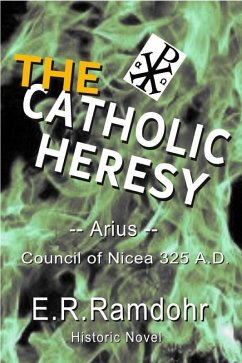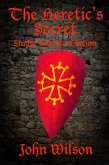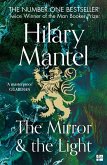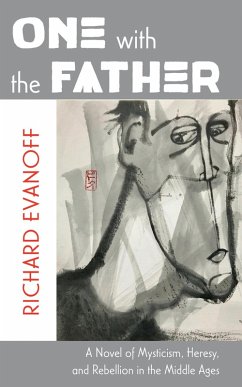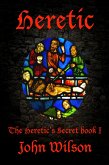They are very few, because this monumental controversy between the defenders of the dogma of the Trinity and its opponents, which occurred in the fourth century, has been kept hidden under seven keys by the Catholic Church. To this day, IT defends itself tooth and nail against those who might endanger the survival of its transcendent dogma.
The trinitarian dogma was not born together with the Christian church, but was introduced more than two hundred years later by philosophers and theologians of Greek roots, among whom Tertullian stood out. However, the theologian of Libyan origin, Arius, carried out an important campaign to demonstrate, both to the Catholic clergy and to civil society, that this dogma was false and lacked valid foundations.
For this reason, the Emperor Constantine himself convened the Council of Nicaea in 325, in which around 250 bishops from all corners of the empire gathered to decide whether the Trinity deserved to be preserved or not.
In this novel I have collected all the historical information regarding this unique event to present it to the reader in a way that makes it easy and entertaining for him to learn about it in all its particularities, which involved both Constantine himself and renowned bishops of the epoch.
I have also narrated the history of the Visigothic people, who were converted to Arian Christianity and who remained in that faith until the ninth century.
Dieser Download kann aus rechtlichen Gründen nur mit Rechnungsadresse in A, B, CY, CZ, D, DK, EW, E, FIN, F, GR, H, IRL, I, LT, L, LR, M, NL, PL, P, R, S, SLO, SK ausgeliefert werden.

